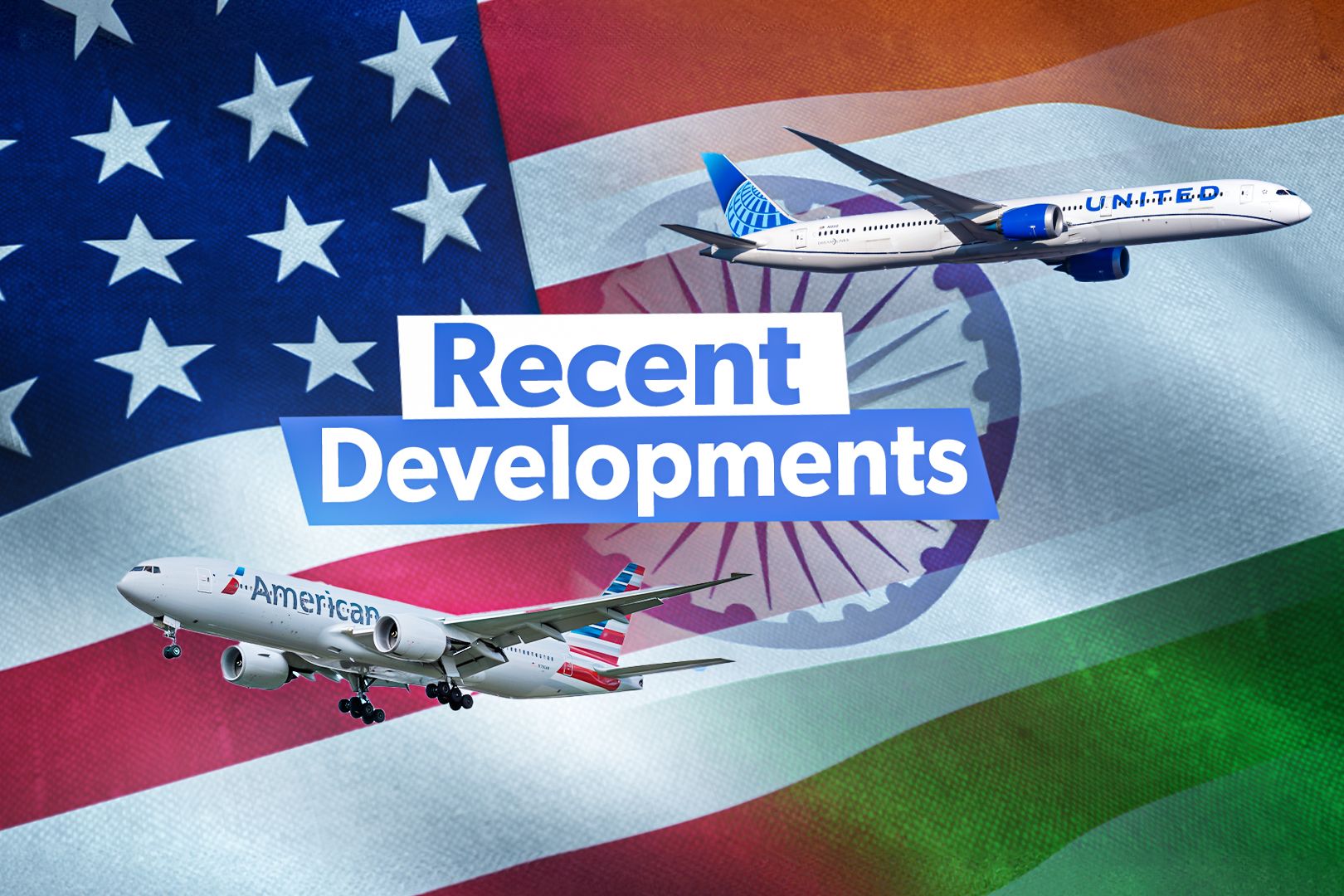Monday, August 19, 2024 The ongoing crisis in Bangladesh has sent shockwaves across the region, with its ripple effects deeply impacting Indian tourism. Traditionally, India has enjoyed a steady influx of tourists from Bangladesh, with many visitors drawn to cultural, religious, and medical tourism. However, the crisis has led to a sharp decline in the number of Bangladeshi tourists crossing the border.
Popular destinations such as Kolkata, Agartala, and other border cities have seen a significant drop in hotel bookings and tourist activity, leading to concerns among local businesses that rely heavily on this cross-border tourism. Transportation links between the two countries have also been severely affected. Cross-border bus services, trains, and flights that once facilitated easy travel between India and Bangladesh are now facing disruptions.

The uncertainty surrounding the crisis has made travel plans unpredictable, deterring tourists from both sides. This has led to a noticeable decrease in the number of Indian tourists visiting Bangladesh, further straining an already fragile tourism industry in the region. The disruptions in transportation have not only affected leisure travel but have also impacted business trips, cultural exchanges, and religious pilgrimages that were once common between the two nations.
The crisis has also had a significant impact on religious and cultural tourism. Bangladesh is home to several important religious sites that attract Indian pilgrims, particularly Hindus and Buddhists. However, the ongoing instability has made these trips risky, leading to a decline in the number of religious tourists from India.
This decline has further exacerbated the challenges faced by the tourism industry, as religious tourism is a significant contributor to cross-border travel between the two countries. The reduced flow of pilgrims has also affected local economies in India, particularly in regions that cater to these tourists. Economically, the decline in Bangladeshi tourists has led to considerable losses for the Indian tourism sector.
Hotels, restaurants, and local businesses in regions that depend on Bangladeshi tourists are facing a downturn. The reduction in tourist inflow has had a cascading effect on various sectors, including retail, transportation, and hospitality, leading to job losses and reduced income for those employed in the tourism industry. The economic impact is particularly pronounced in border areas, where cross-border tourism forms a significant part of the local economy.
In addition to the economic implications, the crisis has also strained diplomatic relations between India and Bangladesh, further complicating the tourism landscape. The political tensions resulting from the crisis may deter tourists from both countries, as well as international travelers who might perceive the region as unstable. As a result, Indian tour operators and the tourism industry as a whole may need to pivot towards promoting domestic tourism or exploring new international markets to offset the losses incurred due to the decline in Bangladeshi tourists.
The situation underscores the interconnected nature of regional stability and tourism, highlighting the need for a swift resolution to the crisis to prevent further damage to the tourism sector..



















